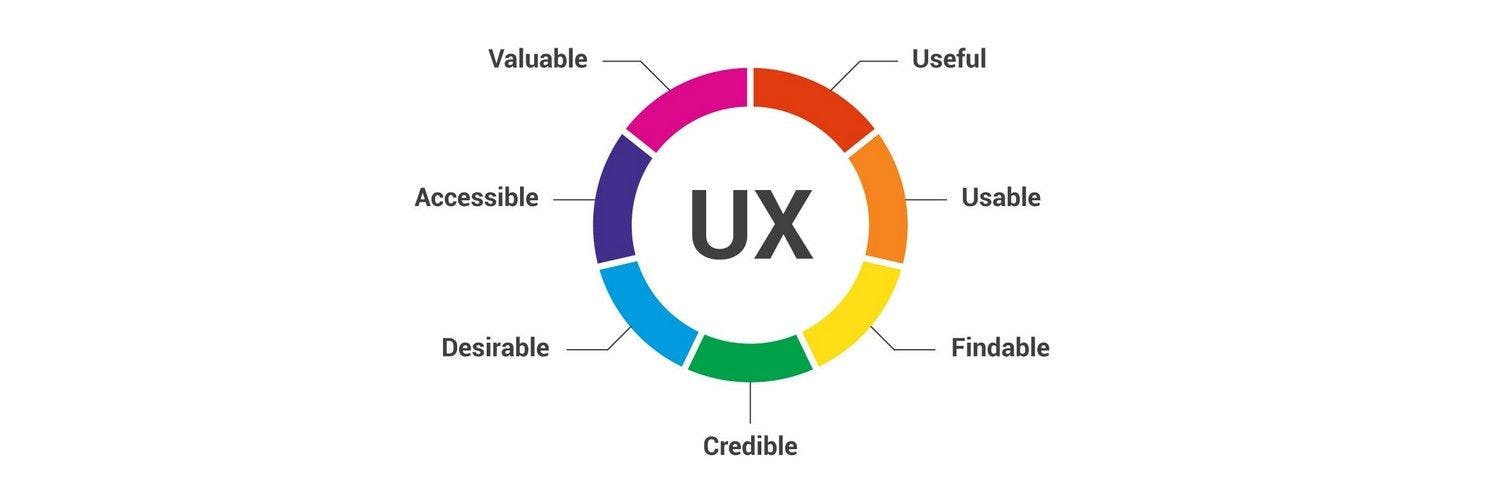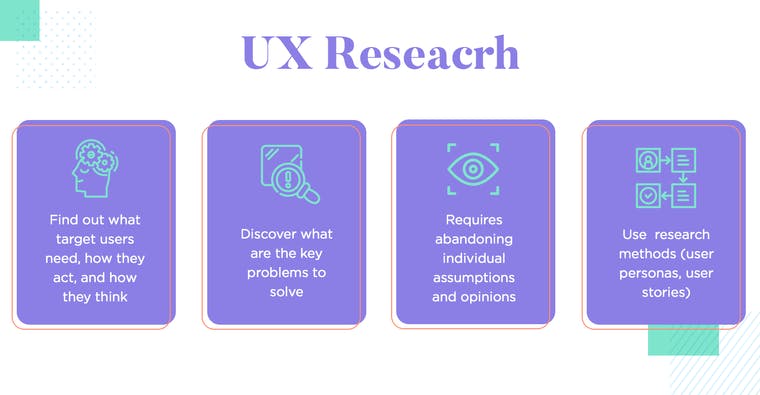Importance of UX while building a Search Engine
What is UX and why is it important while building a search engine
To view the full article click, here
Have you ever visited a website and you fell in love with it for no logical reason except for the fact that the website was pretty and easy to use, well dear reader you just experienced User Experience (UX) in action? According to research, it only takes about 50 milliseconds that’s 0.05 seconds for users to form an opinion about your website and decide if to stay or leave, so if your UX is bad it impacts the traffic your site gets. In this article, we are going to talk about UX and how it impacts search engines.
What is UX and Why and Why Should You Care About it?
 image credits: aviyel
image credits: aviyel
The user experience (UX or UE) simply means how a user interacts with and experiences a product, system or service.
In other words, UX is the study of users’ interaction with your site. It is the sum total of the user’s experience while interacting with your website or web app. In other words, it is the measurement of the quality of the User’s Experience when interacting with a particular website or web app.
We frequently hear usability and UX used alternately, and while usability is an important aspect of UX, it is far more than that. In reality, according to Peter Morville, an expert in the field of User Experience, Morville outlined seven traits that UX designers should consider when creating their websites.
Importance of UX design
 image credits: aviyel
image credits: aviyel
UX Improves Brand Image
Imagine you visit a website and you hate the way it looks, the buttons you click don’t work as expected, the pages take too long to load, what kind of impression would you have about the brand behind the website? UX helps you promote your brand image, an increase in positive user experience equals more brand belief. Studies show that approximately 60% of users will not recommend a site to a friend if their User Experience is bad, wouldn’t you want to tell your friends about a cool new site you found out?
UX Improves Marketing
UX helps provide marketing for your site, the more interesting, efficient, and attractive your site is the more people get attracted to it. The better your User Experience, the more users it attracts users to your site. People will always be devoted to the site which provides them with a better experience, in simple words, UX and marketing are in a linear relationship i.e the better a site’s UX is, the more people who are attracted to it.
UX Increases Site Traffic
The better a site’s user experience, the more traffic the site generates. To put it simply, the better the experience users have on your site, the higher the probability that they’ll come back and also tell their friends and family about your site. This helps increase the traffic to your website.
UX Improves SEO
Every business wants their site to be ranked on top of the google search index ahead of their competitors and for a site to achieve top ranking it needs to be Search Engine Optimized(SEO).
To understand how UX helps improve SEO you need to understand how a business ranks top on a search engine. In a nutshell, top search engine ranking is achieved through site traffic. To put it simply, the more people who visit your site and stay there the higher you are ranked. As we have earlier established, the better your site’s UX the more people it attracts so, therefore, the better your site’s UX the higher it is ranked.
UX Increases Revenue Generation
UX helps you increase your site’s revenue stream. The better the experience users have on your site when compared to the experience they had on your competitor’s, the more probable they are to continue subscribing to your service over that of your competitor’s. In simple words, the better your UX the higher the probability that users will pick your service over others available to them.
UX Fundamentals For Building Search Engines
User-Friendly Site Navigation
A robust UX architecture helps project maintainers and developers ease down navigation. UX helps search engines and sites to determine the size of pages, the content, and their order. However, at times UX gets in conflict with SEO requirements of search engines and traffic building websites. While UX is focused on easing out complexities, SEO relies on keyword stuffing and the quantity of content produced. This is one dilemma for developers. However, if you can overcome it, not only it enhances your site’s readability but keeps it SEO-friendly, and navigable.
You've reached the end of this teaser article you can read the beginning of the article here

